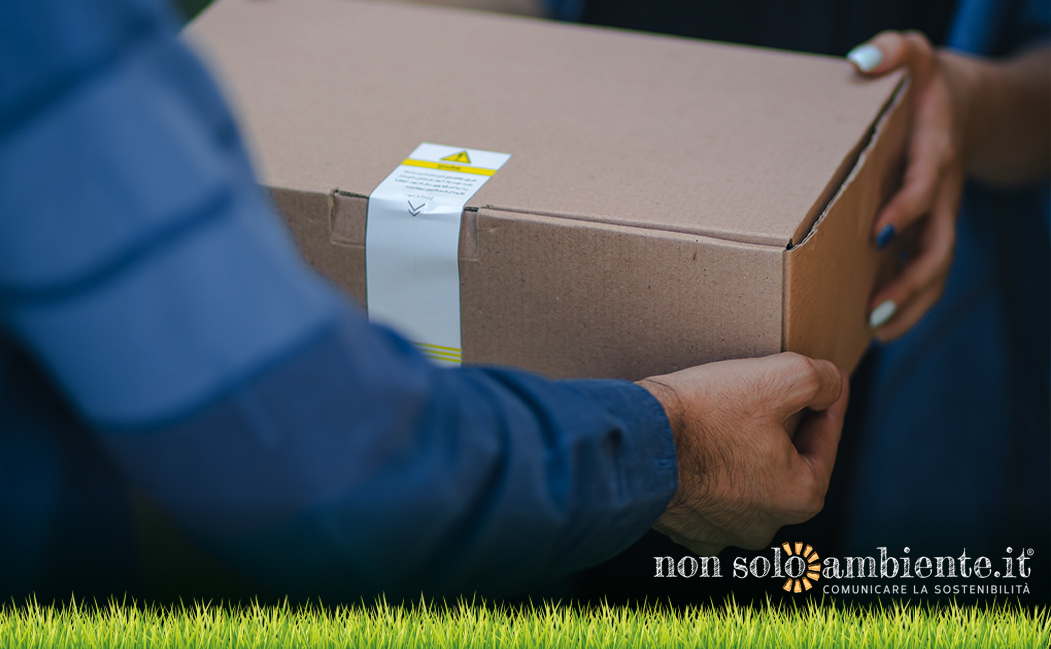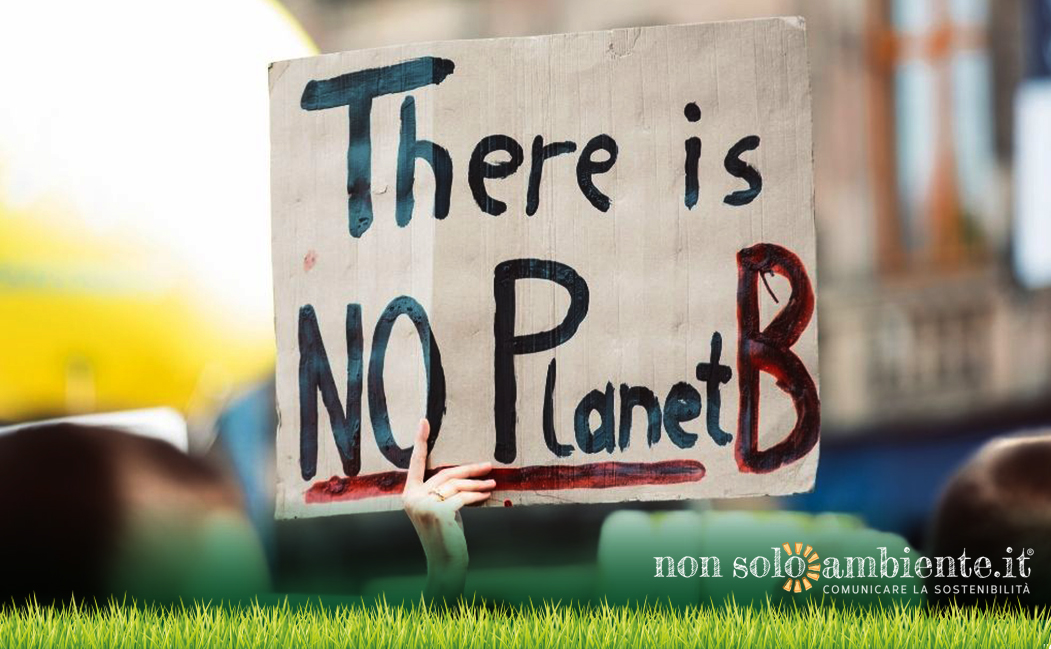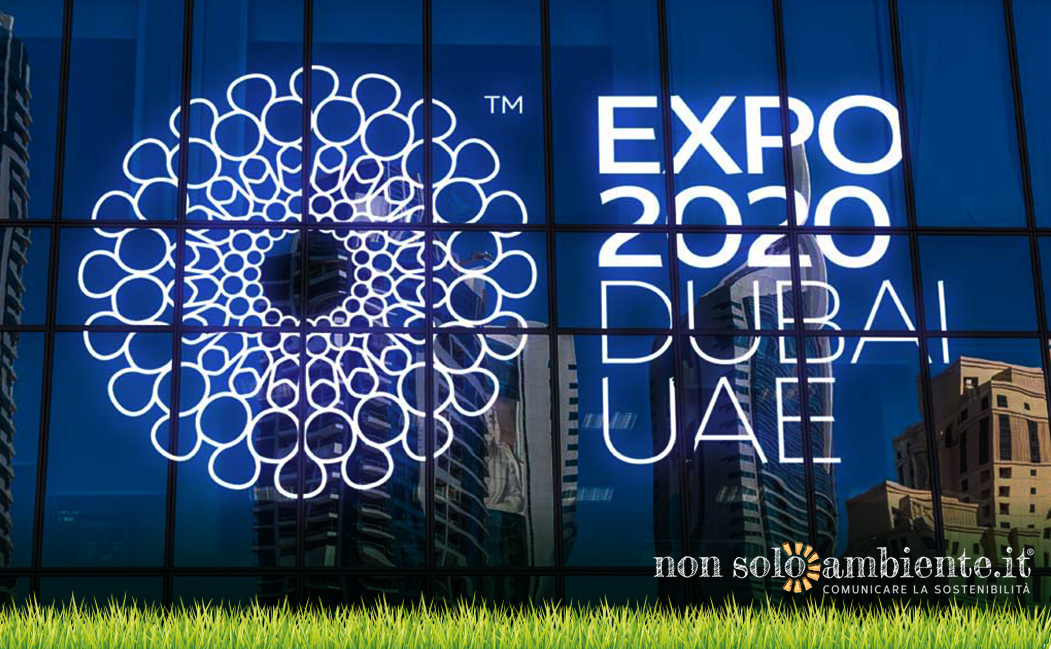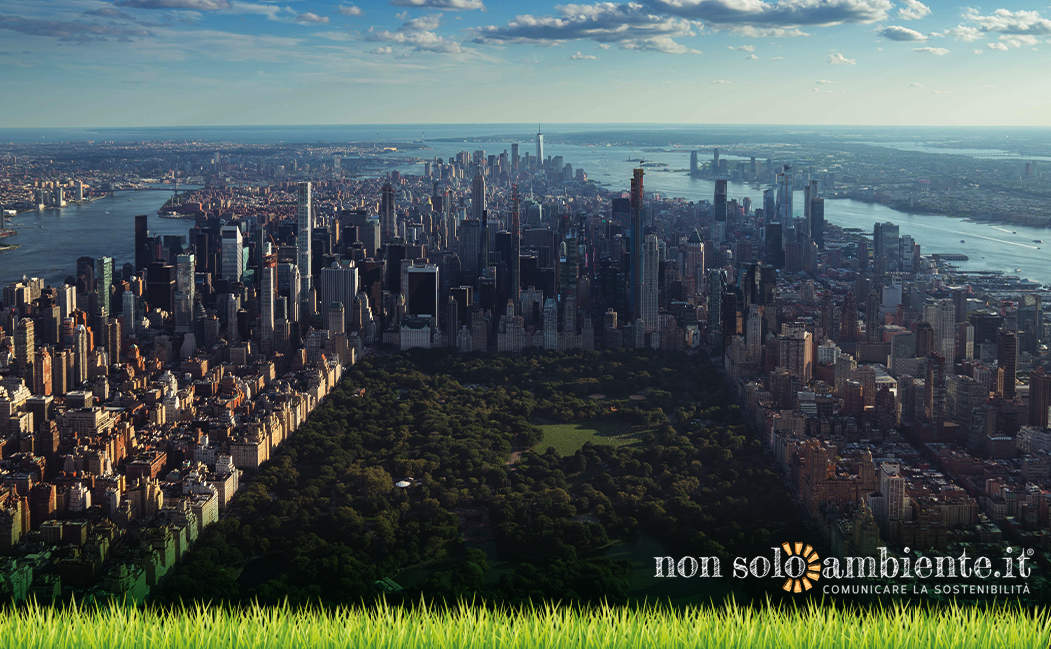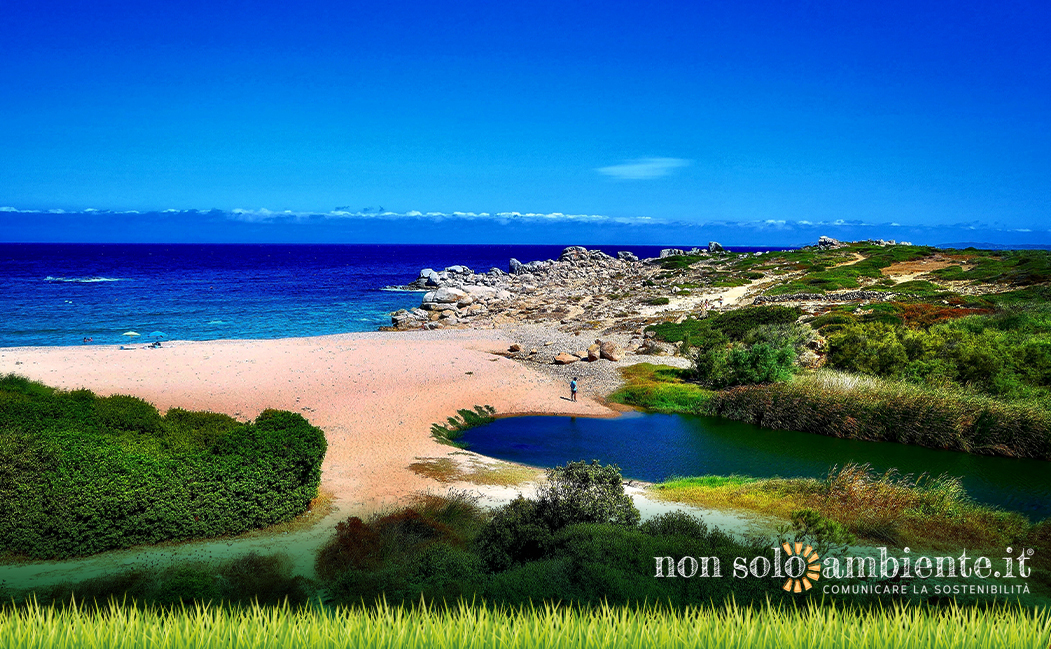
Ultime Notizie

The Sardinian Regional Council approved a document about maritime spatial planning. Following Europe's Blue Economy directives, the plan aims to become a strategic programme for maritime spatial planning in the long term.
The water management plan will include Blue Economy statements to protect the aquatic resources. According to Quirico Sanna, Councillor of Local Authorities, Finance and Urban Planning, Sardinia's document in the context of maritime space planning meets the requirements dictated by the European directives on Blue Economy and Sustainable Blue Growth.
A great joint work
"The document drawn up and shared with the Inter-Industrial Table is the result of a great joint work", says Councillor Sanna, "moreover, the Regional Development Programme aims at reaching Agenda 2030's sustainable development goals and the Preliminary Document of the Regional Sustainable Development Strategy".
Maritime governance activities aim to build a strategy for planning Sardinian naval space in the medium and long term. "The plans will last ten years", continues the Councilor, "but the administration wants to plan a long-term strategic approach to the blue economy and sustainable blue growth. The approach will consider good practices which stand for durability, use of renewables and reuse of resources - respecting the Western Mediterranean Sea's environment and wildlife balances."
The next steps
Once the strategic goals have been identified, the Board will assign different marine areas, considering the existing or potential socio-economic activities in each zone. For these activities, the regional authority has partnered with Sardegna Ricerche and has commissioned the International Marine Center – IMC Onlus Foundation to provide the necessary technical and scientific assistance.
The Mediterranean Sea must be preserved
Among the unconfirmed document's guidelines: durability, renewables, and reuse of resources. However, the common goal is clear: limiting the impact on the Mediterranean as much as possible. Mare Nostrum, which is rich in biodiversity, is a fundamental natural resource to be preserved. Yet irresponsible practices such as trawling, the intensive exploitation of natural resources, or spills of hydrocarbons, biocides, and other chemicals at sea contribute to undermining an already suffering ecosystem.
According to Business for Ocean Sustainability- Focus on the Mediterranean Sea by One Ocean Foundation, the Mediterranean Sea's health could only be fully protected if we progress towards a "blue" economy. Pollutants reduction, more transparency, new eco-friendly technologies' development are requirements to keep our coexistence with the sea. As the report points out, sustainability also requires a network between companies and policies to protect marine ecosystems and impact market mechanisms, which allocate the necessary funds to research and innovation.
Tags:
#SustainableTalks: Sapi
8 Luglio 2021Potrebbero interessarti ...
Snam’s commitment to sustainability at Dubai Expo 2020
13 Ottobre 2021No more chocolate by 2050 because of extreme droughts effects
22 Settembre 2021How much CO₂ do urban forests absorb?
15 Settembre 2021Iscriviti alla nostra Newsletter!
Sei un sostenitore dell'ambiente in tutte le sue forme? Allora sei nel posto giusto!
Iscriviti subito!